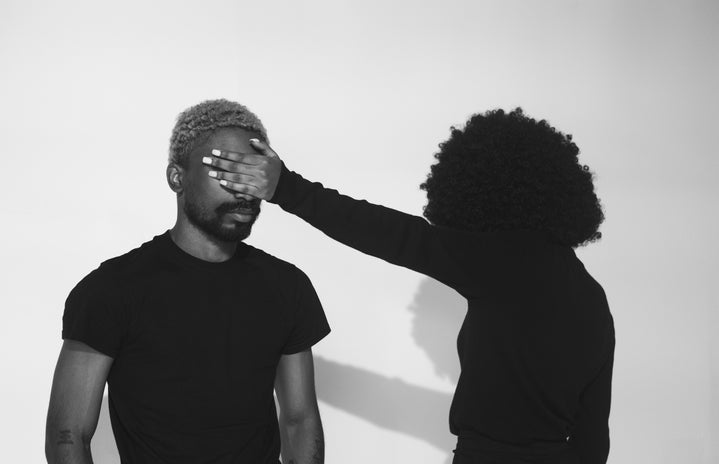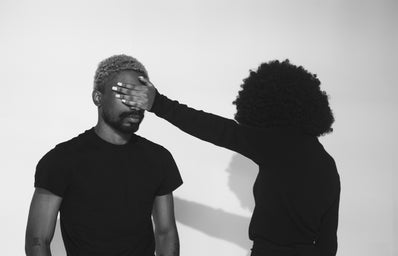As November comes to a close, I want everyone reading this to understand that mental health is not just a women’s issue. Just as much as self-care and mental health awareness is emphasized in women, it needs to be just as important to and for men. Just because men are conditioned to hide their emotions doesn’t mean they don’t have them.
Why Men Hide Their Emotions
Men are told as boys that manhood is synonymous with strength, toughness, stoicism, etc. This way of thinking quickly leads boys into thinking “men don’t cry”, “men don’t feel pain”, which otherwise forces them to feel as if it’s not right for them to outwardly express their emotions. Women are seen as sensitive to society so it’s acceptable for them to express how they feel but when men do it, they are far too often labeled as weak and “soft”. These cultural norms and gender stereotypes have been circulating for generations, and they can be toxic, especially for males. As a result, many men neglect their emotions and bottle them up which has pernicious effects on a man’s mental health. Though it is more common for women to be diagnosed with depression, over 30% of men will experience a period of depression at some point during their lifetime, and about 9% of men report having feelings of depression or anxiety every day, as confirmed by MindWise Innovations. Research shows that men feel emotions at the same rate women do. And because of this belief that men can’t show when they are sad or when something is bothering them, it makes it seem as if men don’t experience emotions at all.
How Emotional Avoidance Affects Men
Just think about it, even as children boys are told to “man up” or “act like a man” and that idea follows them into adulthood. This teaching fosters a space for men to feel extremely uncomfortable and wrong for being vulnerable and expressing how they feel. After a certain period of time men get used to turning off their emotions and putting on a facade like nothing is wrong with them. This creates a cycle of toxic masculinity that haunts men and reveals itself in the form of mental health issues like depression and anxiety, frequent communication issues, and unhealthy coping mechanisms like anxious avoidance, running away from the issue, oversleeping, excessive drinking, smoking, etc.
Emotions make us human. It’s literally the way God created us. When we see something funny, we laugh. If we’re scared, we scream or jump. If something is heartbreaking, we cry. When we ignore these emotions and avoid them, we induce mental health problems and disorders. Suppressing emotions can lead to suicide, particularly in men. According to research conducted by the American Foundation for Suicide Prevention, men are much more likely to commit suicide than women. In 2018, men died by suicide about 3.6 times more often than women did. God never intended for us to bury our emotions, this is a stigma society created that we must tear down.
How Men Can Be Vulnerable
Things like this are always way easier said than done. It’s easy to say you’re going to do something but actually acting on it is a whole different ball game. It can be extremely difficult to open up about how you feel especially if all your life you’ve been told it’s “wrong” and you have never had to do so. Here are the simplest ways you can start opening up about how you feel all while still being masculine.
1. Be truthful about how you feel
In order to be vulnerable and open up about your feelings, you must first be honest with yourself by accepting and feeling your emotions. Recognize what you’re feeling, and from there figure out why you feel that way.
2. Find hobbies that are stress-relieving
Finding hobbies is always fun, but hobbies that allow you to reflect on your emotions are the best. Some men workout as a hobby and while they’re in the gym they reflect on how they feel or take out their stress by lifting weights or by participating in other aerobic exercises that calm a raging mind. Other activities that are hobbies include music, art, writing, skating, etc.
3. See a therapist
Men are less likely to see a therapist because many associate the role of a therapist with something being wrong with them, but being in therapy doesn’t mean something is wrong with you. Going to therapy is a mature decision that shows you are ready to do what’s necessary to grow. Therapy is one of the best ways to open up about your emotions; It creates a safe space for you to discuss how you feel with a professional who won’t judge you or tell anyone what you discuss, and give you tips on how to cope with what you’re feeling in a more productive way.


